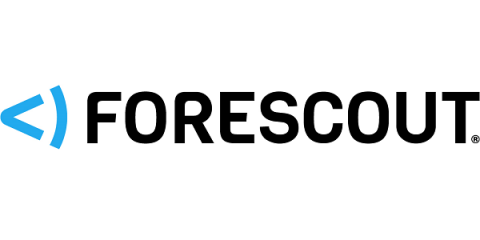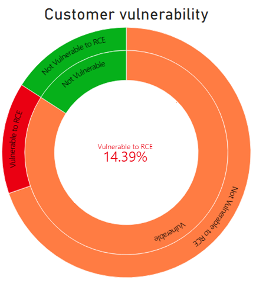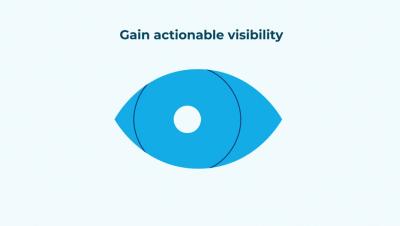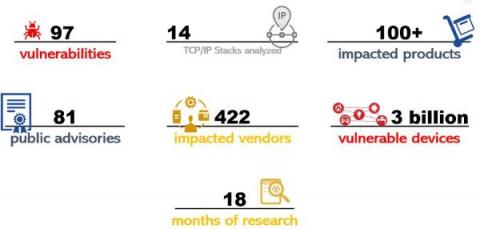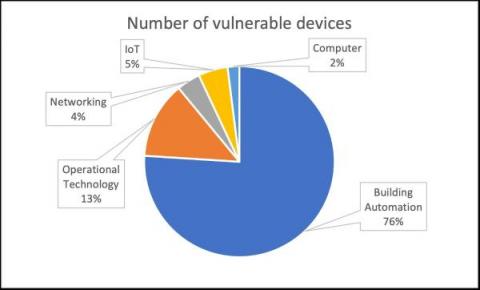Using Zero Trust to Prevent Agency Ransomware Attacks
COVID-19 made moving agency employees and services off-premises essential. This move, however, has also sparked one of the biggest waves of cybercrime the internet has ever seen. Ransomware attacks have been particularly effective against government agencies and critical infrastructure.


